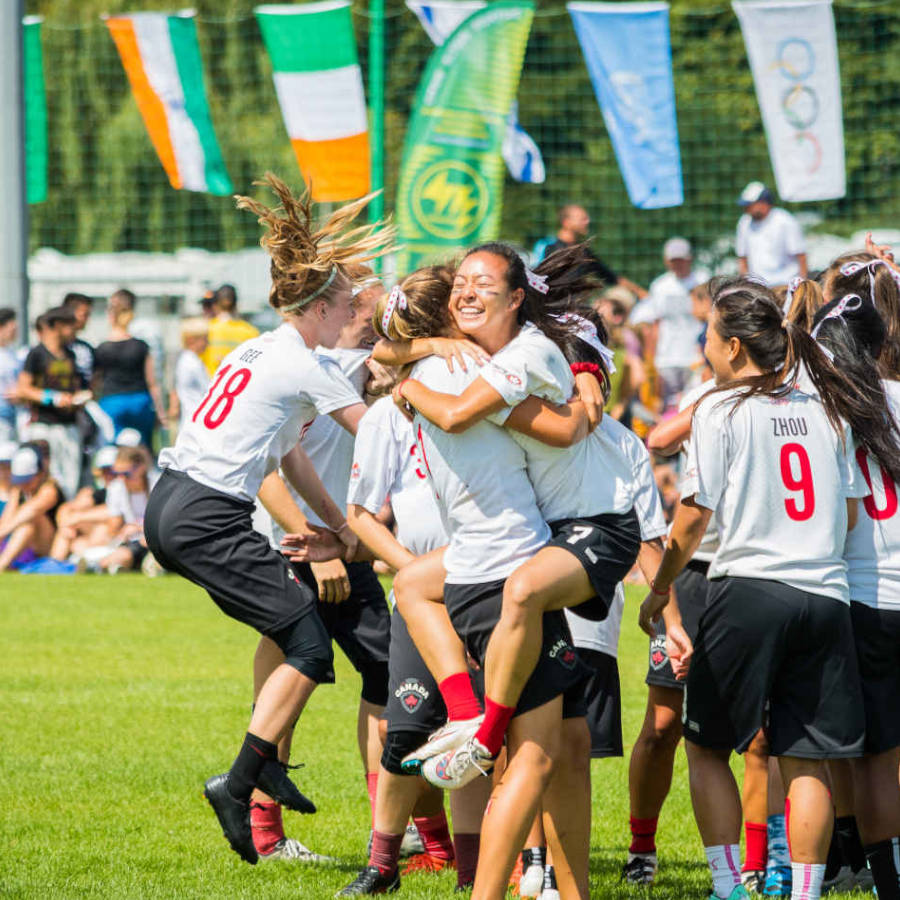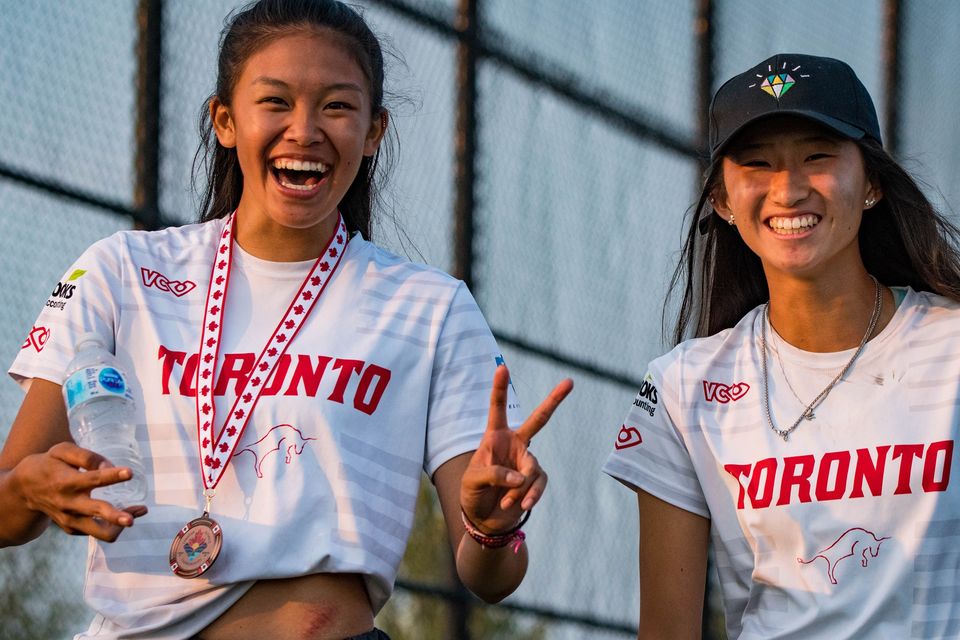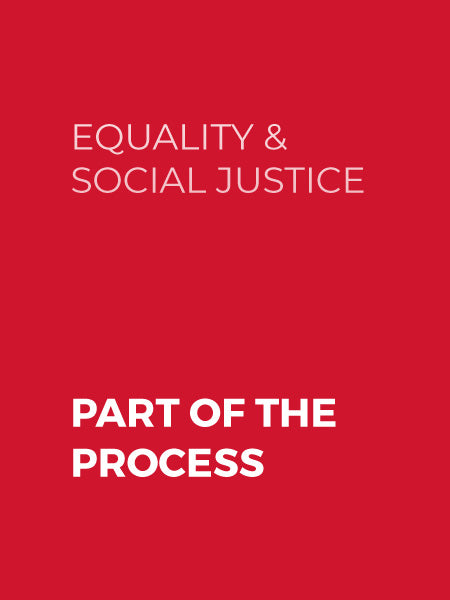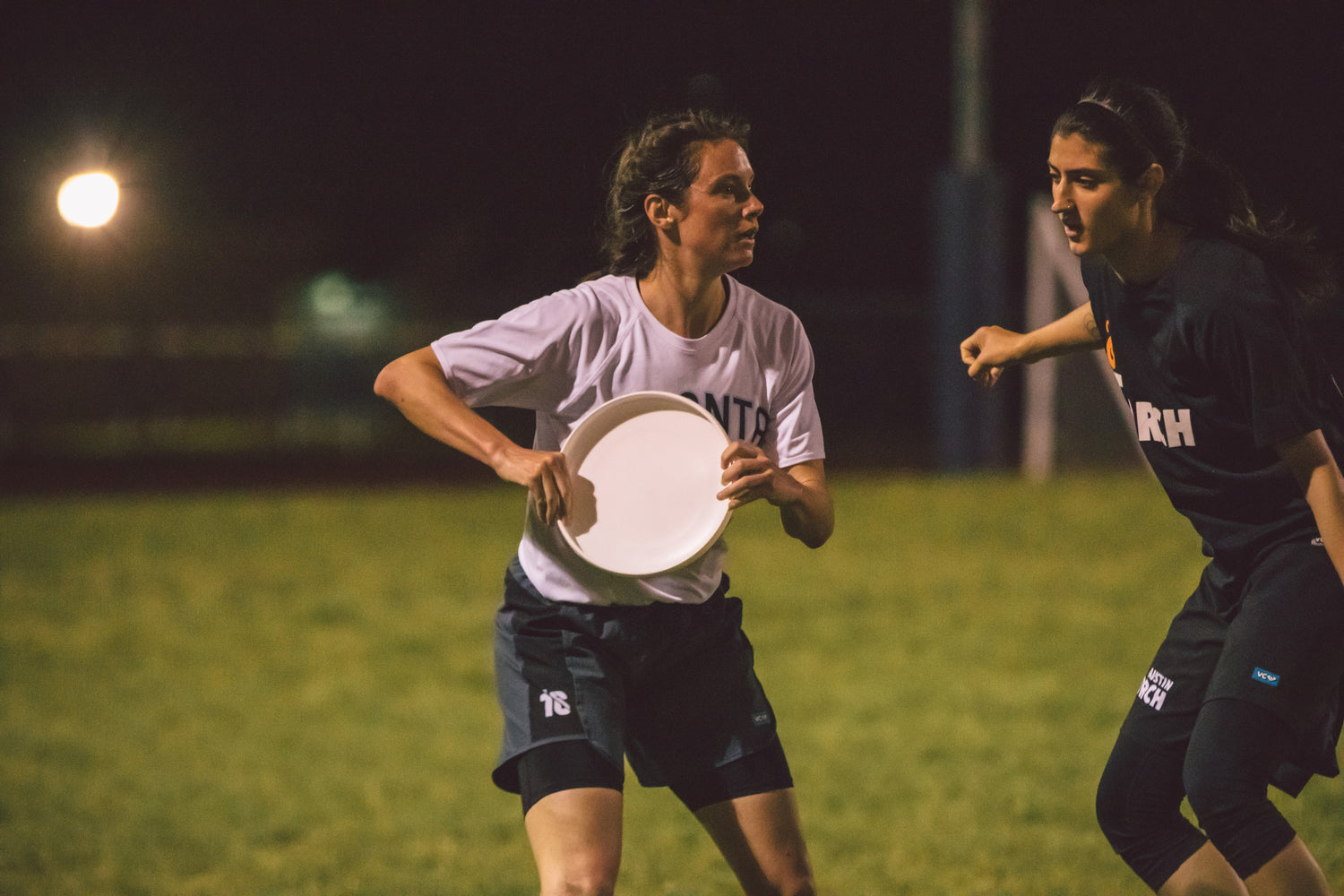
PUL | The Time for Change Pt 1
VC is proud to be the official uniform and merchandise partner of the Premier Ultimate League (PUL). The PUL recently announced some major changes to their operations to better align with objectives outlined in their August League Update, including a significant refocusing of the organization's budget.
Several key Premier Ultimate League team members, including staff, board members and owners, took the time to answer our questions.

VC: From your recent update, it sounds as if the PUL has been going through a lot of significant introspection and learning. In one word, how would you describe this ongoing transformation? Why?
Committed. For many on our board, introspection has been a struggle with guilt and defensiveness as we began to really acknowledge our lack of racial allyship in our first year despite its place in our mission.
For many of us, learning about the depths of systemic racism and how it can permeate all organizations was new and painful. Even though the introspection and learning process has been uncomfortable, we are committed to leaning into the discomfort and continuing on this path.
We are committed to fighting through empathy paralysis so even though we know we will make mistakes, we are committed to learning from them, then doing better next time. We have committed a good % of our budget toward anti-racist work and our partnership with nINA Collective is critical to making sure we are working smart as well as hard.
EVOLUTION OF PUL BUDGET EXPENDITURES
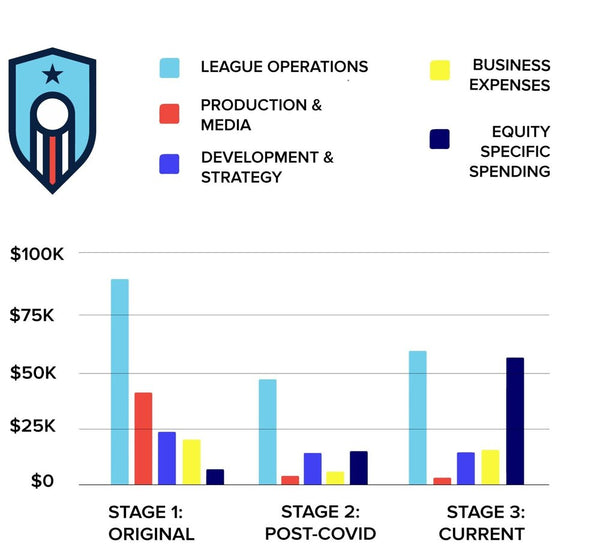
As with any major transformation there are times of doubt and conflict. But working through internal disagreement is safe and makes us stronger because we have no doubt in the commitment of our board teammates to see the PUL succeed and fully live up to our mission.
- Nichole Kwee (PUL Board Treasurer, Cincinnati Ohio)
VC: The partnership with nINA Collective sounds really interesting, and I feel like a lot of leagues and organizations would benefit from working with an organization like this. How did you find nINA and what was the process of deciding to work together like?
After quite a few conversations amongst the staff and the executive committee as well as conversations in some of our other subcommittees and with the full Board of Directors, we bought into hiring an equity consultant. Hannah Leathers developed a kick-ass RFP that she workshopped with myself and members of our Equity Subcommittee to get justtt right. We blasted the RFP on our external social media accounts and we asked the Board to forward it to anyone in their networks.
One really cool thing we did was hold an open Q&A for any interested applicants. Different consultants hopped on and asked us questions about the PUL, the RFP, someone even asked us our biggest fears in this process; that was a scary question. We ended up receiving a total of 7 applicants from around the nation!
Prior to the applicant window closing, Hannah and I put together a selection committee for this consultant specifically. That committee consisted of me (Julia Johnson), Hannah Leathers, Maddy Frey, Janel Venzant, and Val Pinillos. We reviewed the applications, decided which to move forward to the interview stage, held interviews, and then frankly just talked through it all. We had gone into the review process with a matrix and a rubric of sorts, and after taking one look at the applications, we scrapped that and just started talking.
We realized that some of this wasn’t able to be distilled down into a number on the 1 to 5 scale, and we learned a ton from our conversations during the interviews. After offering nINA the contract, we worked with their leads to make adjustments to the scope of work and to figure out next steps.
We are now in Phase 0, and I am looking forward to our next year working very closely with them.
- Julia Johnson (Equity Project Manager, Denver Colorado)

VC: I know it can be really difficult for an organization that’s got so much momentum fueling it to take a step back, reflect and really commit to this internal work. Were there any moments of doubt about this path and how did you overcome them?
Since awakening to our failure to have a critical focus on racial equity in our first 18 months as a league, we have been working nonstop on transforming the PUL. We intend to become a league that is anti-racist, activley working to dismantle our personal and collective white supremacist thinking and behaviors, and can proudly own and share our mission with the world.
MISSION STATEMENT
Our mission is to achieve equity in the sport of ultimate by increasing accessibility to and visibility of womxn* players through high-quality competition, leadership experiences, and community partnerships. Our league strives for gender, racial, and economic diversity in the sport of ultimate frisbee.
Since then, I don’t think we have had any moments of doubt about this path. The commitment to transforming the league was led by staff and then Executive Committee, and the board has been nearly unanimous in supporting and taking this work on as central to our mission.
However, we have experienced a few challenges. First of all, the PUL is not exactly surrounded by organizations that are leading the way in anti-racist work. People compare us to others and say “you’re doing great” because we might seem to be doing more than others. When I hear these kinds of encouraging words, I notice that I immediately start to think “oh, maybe we’re doing ok, here…” which is one of those detours from doing the real work of dismantling white supremacy within myself and my organizations on a daily basis. As Olsson states:
“For white people living in North America learning to be anti‐racist is a re‐education process. We must unlearn our thorough racist conditioning to re‐educate and re‐condition ourselves as anti-racists. There is scant social or political encouragement for this journey of re‐education. We are constantly tempted to detour off course by the racist propaganda of society and our own guilt and denial. In the face of society’s and our own resistance, sustaining the will to continue this journey takes bold and stubborn effort.” (Joan Olsson)
Our biggest challenge is simply the status quo, assimilationist society that surrounds us and tells us that there is no need to do this work, that we are over-reacting, that we are doing “enough” by having started a pro womxn’s league. I remember one conversation with a prominent member of our community early on who told us we should just focus on gender equity and it would be too much to take on racial equity, too. I politely declined. He never did donate to the league.
"Our biggest challenge is simply the status quo, assimilationist society that surrounds us and tells us that there is no need to do this work, that we are over-reacting, that we are doing “enough” by having started a pro womxn’s league."
Another challenge is the financial reality we live in. It takes money to pay staff and consultants and our Executive Committee to transform our board, implement board training on equity, lead fundraisers for reparations, collaborate with our Equity Consultant, coordinate and lead our Equity Core Team and Selection Committee, research and implement anti-racist fundraising practices, continue league operations, and develop an anti-racist professional sports league that truly centers equity in everything we do. And, to eliminate racism means to address capitalism, racisms’ partner in crime. This means we are constantly assessing our business practices and the harm we may be doing to people or the planet.
How do we overcome these challenges? To be honest, I’m not 100% certain we will. We are going through an equity audit right now. After that, we will work with Nina Collective on strategic planning, and then on creating and implementing league-wide policies to institutionalize equity, especially racial equity, as the highest priority throughout the organization. One potential outcome of this work is that we realize we are not able to achieve the PUL’s mission within our current organizational or social context. If that is the case, the board could vote to fold as an organization and we will devote our individual efforts to causes that are able to further anti-racist work. While I think this is unlikely, it is definitely possible. The more we dig into this work and the entire board is involved, the more optimistic I feel that the PUL will transform our league and we will find a way.
(In response to the accountability question in part 2, please engage with us in both encouraging and challenging ways. Both/And shared this resource on their IG feed on how to do that).
- Maddy Frey, PUL Board President, Atlanta GA)

